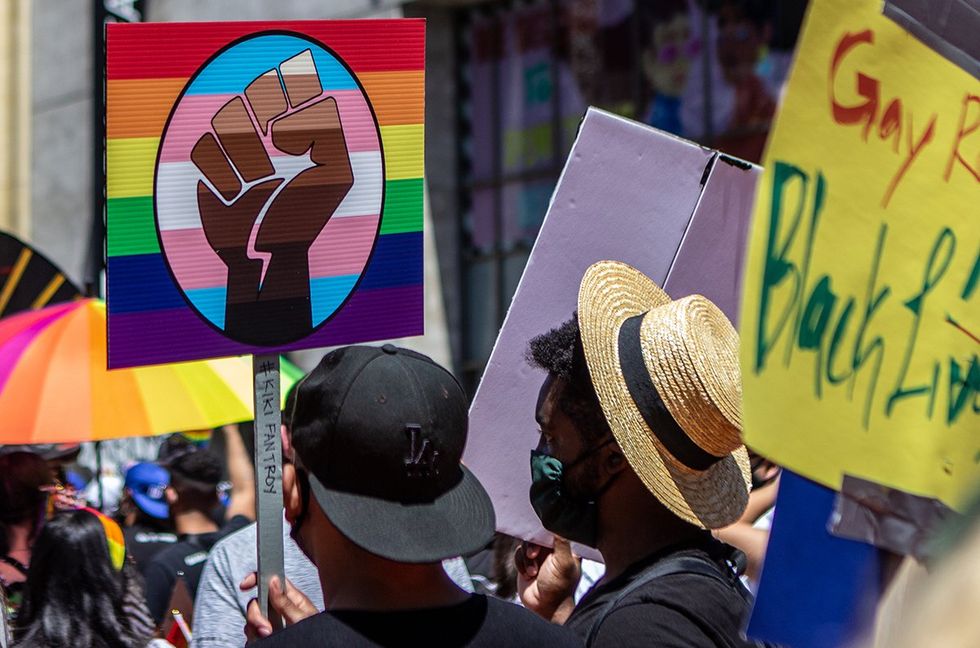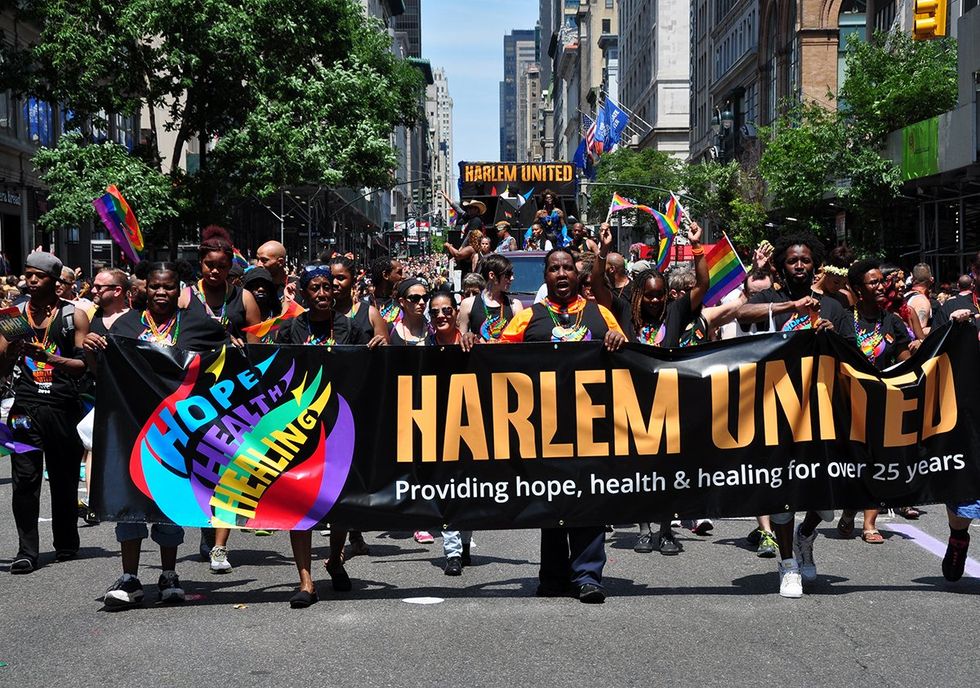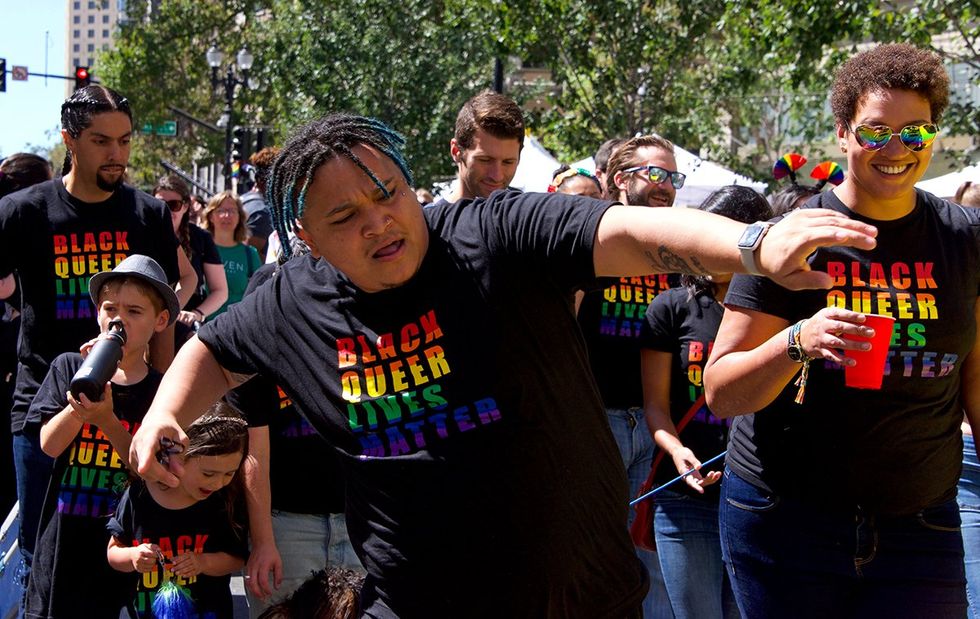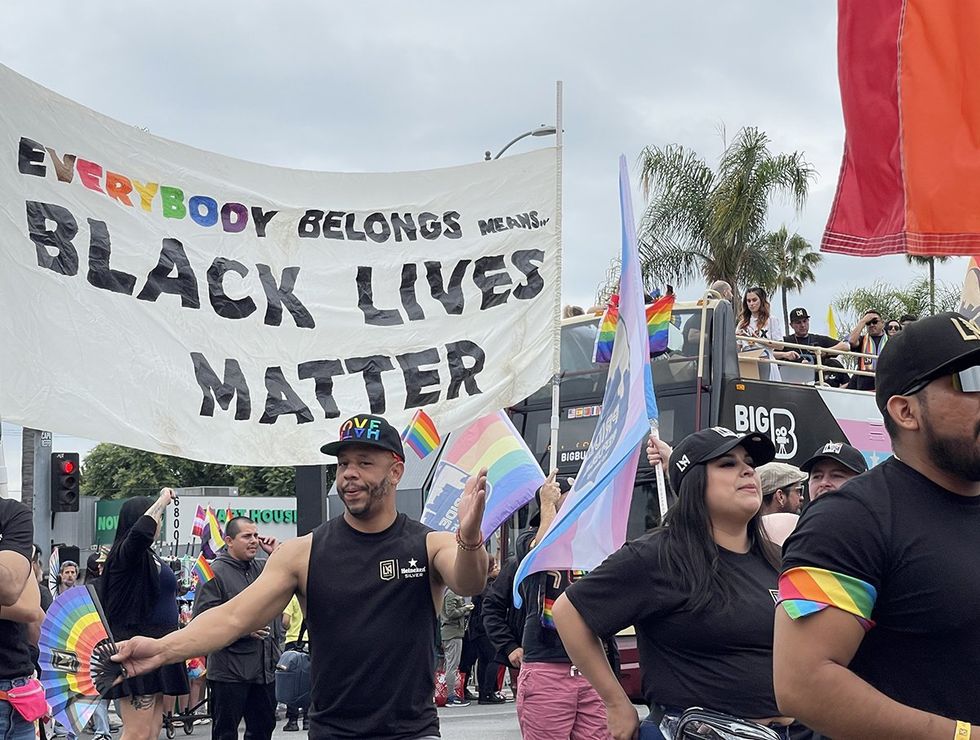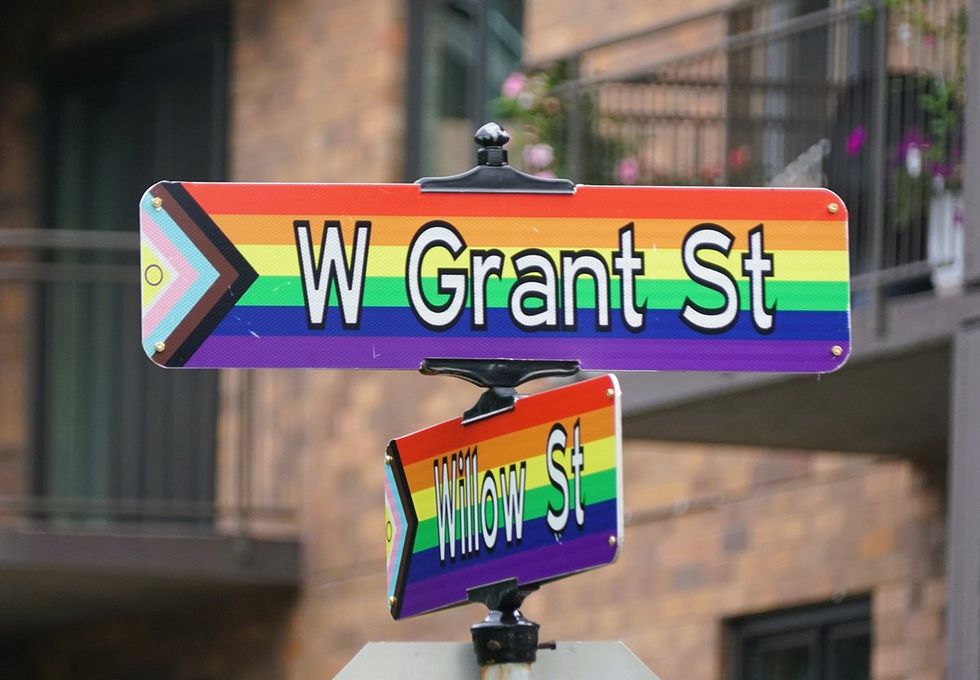Being in the closet at work can be a practical choice for a lot of LGBT people who need the job and don’t want to risk discrimination. But if you’re just too tired of answering questions about whether or not you have a girlfriend or boyfriend, or you’re sick of being misgendered, or you can’t stand listening another gay joke from your coworker, the pros of coming out can outweigh the cons. Here are five signs you’re ready to make the leap:
1) You know your rights.
While some countries have federal laws protecting LGBT employees from employment discrimination, the laws vary by state in the United States and often don’t include protections for gender identity. Check the HRC’s state employment laws and policies map, and read your employer’s non-discrimination policy to see if they might protect employees who aren’t protected by current state laws.
Also, find the name of someone to contact in HR, or if you don’t have an HR department, know who you could go to up the chain of command, starting with your manager and your manager’s manager if you do feel you’re experiencing discrimination.
2) Your company culture doesn’t make you want to slam your head against a wall.
If you work at a company where coworkers and bosses are constantly making homophobic or transphobic jokes and comments, coming out at work may not be the best move. You could make it a goal to educate your coworkers, or you could just search for a more LGBT-friendly company and move on. As someone who has worked at places where I felt very uncomfortable coming out, and at places where I can be out and proud without experiencing any discrimination, I’d recommend moving on. There are employers who will value your work and who won’t bat an eye at your gender identity or sexual orientation, and they’re worth finding.
3) You’re close enough to coworkers that you actually want them to know.
Sometimes a job is just a job. You go in when your shift starts, leave when it ends, and never think about it when you’re off the clock. But often we form bonds with our coworkers. We talk about our families. We pick up the slack when a coworker is going through a hard time in their personal life. We invite our partners to work parties. We get coffee before work or drinks after. If you’re close enough to your coworkers, hiding part of your life can become more draining than taking the risk and coming out.
4) You know what you’re going to say and who you’re telling.
Sometimes coming out is as simple as dropping the hint that you have or had a boyfriend or girlfriend. If you’re coming out as transgender in the workplace, it often involves a lengthier discussion about your name and pronouns, and in most workplaces, what being transgender actually means. Think about whether you want to tell a coworker you’re close to first, or if you want to tell the coworker you know will gossip to everyone and spread the word so you don’t have to. Think about how you want the conversation to go, and what questions you might need to answer before you come out. Really be prepared for those questions.
5) You’re ready to answer some stupid questions.
If you’re the first out person in your workplace, everyone will suddenly come to you with every stupid question they’ve ever wanted to ask an LGBT person. It helps if you remind yourself that they’re asking because they want to learn, not because they want to be invasive or embarrassing. If it makes you feel more comfortable, come up with a list of resources to direct people to ahead of time. Don’t be afraid to say, “That’s a little personal for work. Maybe you could read up on that this week, and we could grab coffee before work on Monday and talk then.” Once you get past the uncomfortable question phase, being out in the workplace gets much easier.



















































 Sapphic outlaw moviesNew Line Cinema; A24; Samuel Goldwyn Company
Sapphic outlaw moviesNew Line Cinema; A24; Samuel Goldwyn Company



















 35 bisexual pop anthems we have on constant repeatYouTube.com/Binoy
35 bisexual pop anthems we have on constant repeatYouTube.com/Binoy
 Kirkam/Shutterstock
Kirkam/Shutterstock



